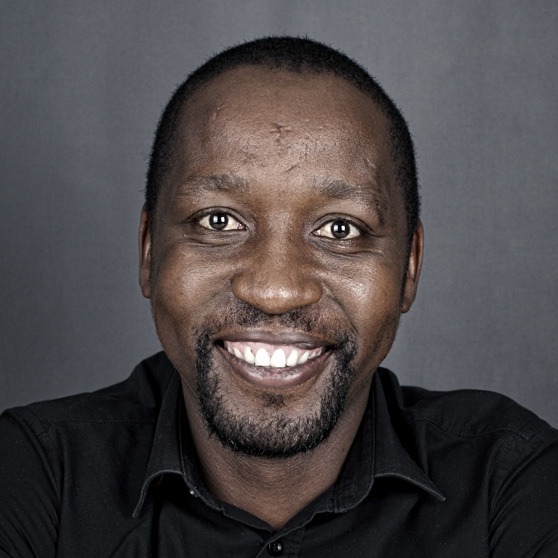After court defeat, Oracle maintains Google ‘stole’ Java
Google has scored a major victory over fellow US-based technology company Oracle in a multibillion-dollar copyright infringement case heard by the country’s Supreme Court.
In the case, lodged in 2010, Oracle accused Google of copying its programming language, Java, in the development of its Android operating system, which powers the majority of smartphones in the world.
However, in a blow to Oracle, the Supreme Court yesterday ruled the Internet search giant did not commit copyright infringement against Oracle when it copied snippets of the programming language to build its Android operating system.
In a 6-2 decision, the court ruled Google didn’t break copyright laws when it incorporated pieces of Oracle’s Java software language into its own mobile operating system.
According to the Supreme Court, Oracle owns a copyright in Java SE, a computer platform that uses the popular Java computer programming language.
In 2005, it notes, Google acquired Android and sought to build a new software platform for mobile devices.
To allow the millions of programmers familiar with the Java programming language to work with its new Android platform, Google copied roughly 11 500 lines of code from the Java SE program, says the court.
It adds the copied lines are part of a tool called an application programming interface (API).
An API allows programmers to call upon prewritten computing tasks for use in their own programs.
“Over the course of protracted litigation, the lower courts have considered (1) whether Java SE’s owner could copyright the copied lines from the API, and (2) if so, whether Google’s copying constituted a permissible ‘fair use’ of that material freeing Google from copyright liability,” says Justice Stephen Breyer, writing for the majority.
“In the proceedings below, the Federal Circuit held that the copied lines are copyrightable. After a jury then found for Google on fair use, the Federal Circuit reversed, concluding that Google’s copying was not a fair use as a matter of law.”
Prior to remand for a trial on damages, Breyer notes, the court agreed to review the Federal Circuit’s determinations as to both copyrightability and fair use.
“Google’s copying of the Java SE API, which included only those lines of code that were needed to allow programmers to put their accrued talents to work in a new and transformative program, was a fair use of that material as a matter of law,” says Breyer.
According to Reuters, the ruling spares Google of a potentially massive damages verdict. It notes Oracle had been seeking more than $8 billion, but renewed estimates went as high as $20 billion to $30 billion, according to two people with knowledge of the situation.
In a statement, Oracle, nonetheless, maintains Google stole Java.
“The Google platform just got bigger and market power greater – the barriers to entry higher and the ability to compete lower,” says Dorian Daley, Oracle executive vice-president and general counsel.
“They stole Java and spent a decade litigating as only a monopolist can. This behaviour is exactly why regulatory authorities around the world and in the United States are examining Google’s business practices.”
Meanwhile, Google says the decision “is a victory for consumers, interoperability and computer science. The decision gives legal certainty to the next generation of developers whose new products and services will benefit consumers.”
